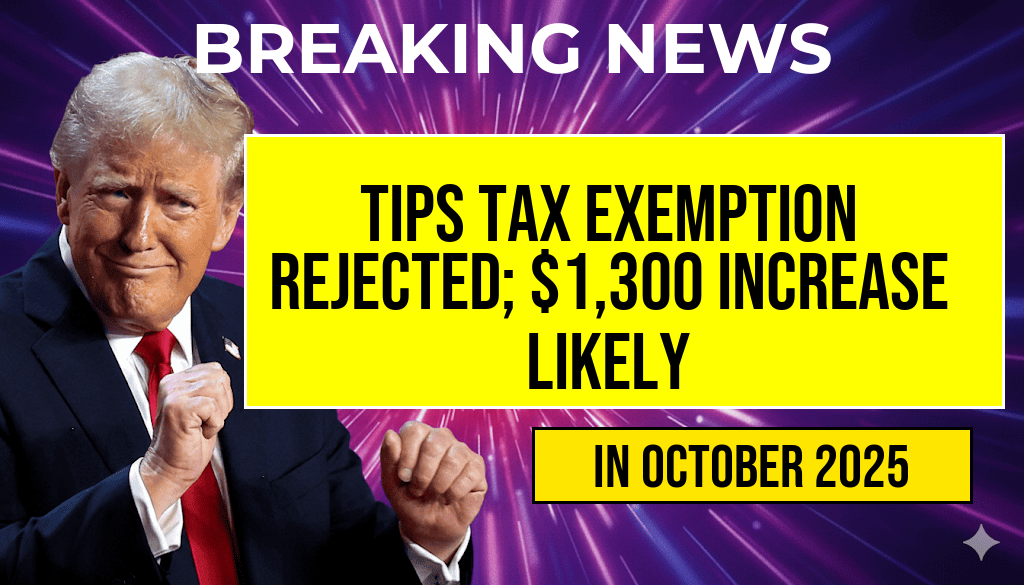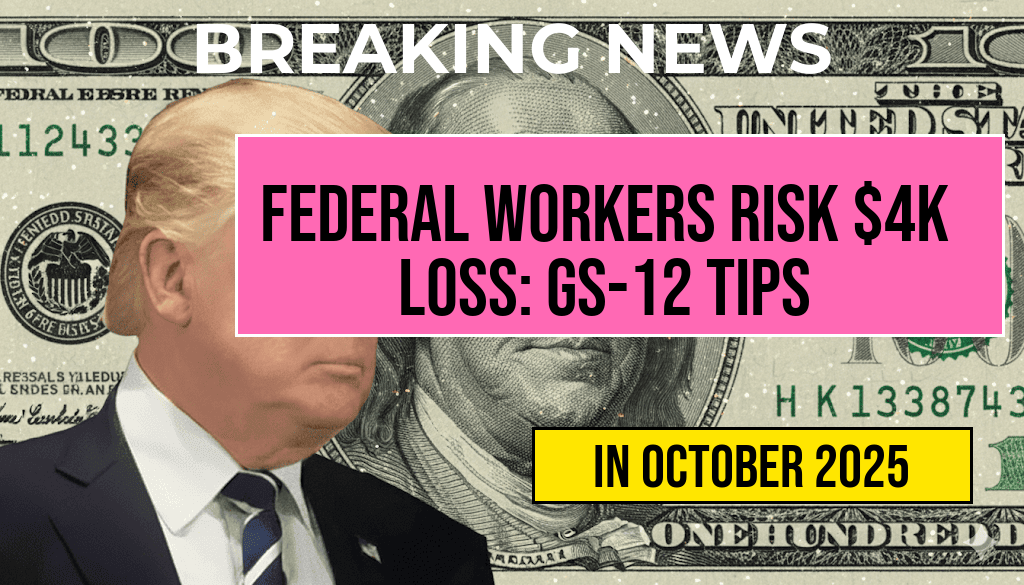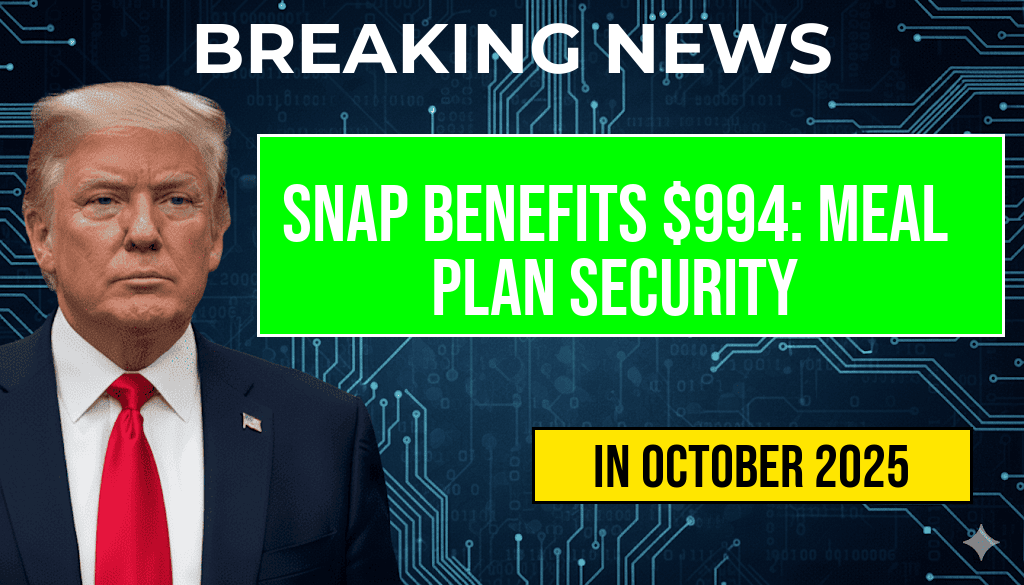Federal employees across various agencies are bracing for a challenging period as two upcoming pay gaps could result in a combined loss of up to $4,000 for some workers. Specifically, GS-12 employees—mid-level federal workers responsible for a range of administrative, technical, and operational duties—may face significant financial strain if the federal government does not resolve ongoing budget impasses. These disruptions are expected to trigger consecutive lapses in pay, leaving many workers uncertain about how to mitigate the impact on their household budgets. Understanding the scope of these potential pay gaps, their timing, and available options can help GS-12 employees navigate this uncertain period more effectively.
Understanding the Pay Gaps and Their Causes
What Are the Upcoming Pay Gaps?
The federal government occasionally experiences funding lapses when appropriations bills are delayed or stalled in Congress. During these periods, agencies often operate under temporary funding measures called Continuing Resolutions (CRs). If a CR expires without new funding legislation in place, federal agencies may halt non-essential operations, including pay disbursements. The current situation involves two scheduled lapses:
- First Pay Gap: Expected during the transition between fiscal years or during congressional budget negotiations, potentially leading to a missed paycheck in the first pay period of the new fiscal year.
- Second Pay Gap: Could occur if a subsequent CR expires or if congressional disagreements extend, resulting in a second missed paycheck shortly thereafter.
For GS-12 employees earning approximately $80,000 annually, these gaps could translate into a combined loss approaching $4,000, depending on their specific pay schedule and how many days the disruptions last. The timing and duration of these gaps are often unpredictable, further complicating financial planning for affected workers.
Implications for GS-12 Employees
Financial Impact and Immediate Concerns
Missing one or two paychecks can disrupt monthly bills, mortgage payments, and savings plans. For employees living paycheck-to-paycheck, even a short-term disruption can cause significant hardship. The total potential loss varies based on individual circumstances, but estimates suggest that GS-12 employees could lose between $1,500 to $4,000 if both pay gaps occur as anticipated. This underscores the importance of proactive financial management and understanding available resources.
What Steps Can GS-12 Employees Take?
| Action | Description |
|---|---|
| Review Emergency Savings | Assess available savings to cover essential expenses during unpaid periods, prioritizing rent, utilities, and groceries. |
| Communicate with Creditors | Contact lenders, landlords, and service providers to explain the situation and negotiate temporary payment arrangements if necessary. |
| Apply for Financial Assistance | Explore federal and community programs offering short-term relief, including emergency loans or grants. |
| Utilize Leave Options | If possible, consider requesting annual or unpaid leave to manage cash flow without impacting employment status. |
| Stay Informed | Monitor official government communications and union updates for the latest on funding negotiations and pay schedules. |
Long-Term Strategies and Resources
Planning for Future Pay Disruptions
Anticipating future budget impasses can help federal workers prepare more effectively. Establishing an emergency fund covering at least three to six months of living expenses provides a buffer against unexpected pay gaps. Additionally, reviewing and adjusting monthly expenses to prioritize essentials can make financial management during uncertain times more manageable.
Available Support Networks
Union representatives, such as those from the American Federation of Government Employees, often provide guidance and advocacy during funding crises. Moreover, the Office of Personnel Management (OPM) offers resources on managing pay disruptions, including guidance on leave and federal employee benefits.
Understanding Broader Impacts
While the immediate concern centers around individual financial stability, extended pay gaps can also affect federal agency operations, employee morale, and public trust. Prolonged budget stalemates have historically led to partial government shutdowns, which can ripple through the economy and disrupt essential services. Staying informed and engaged in advocacy efforts remains vital for federal workers navigating these complex situations.
For additional insights on federal pay policies and contingency planning, consult resources such as Wikipedia’s overview of the U.S. federal budget and official agency websites.
Frequently Asked Questions
What impact do two zero-pay periods have on federal workers’ income?
Federal workers, including GS-12 employees, could potentially lose up to four thousand dollars due to two zero-pay periods, which result in missed salary payments.
Why are these zero-pay periods occurring for federal employees?
These zero-pay periods typically occur due to federal government funding delays or budget impasses, leading to temporary suspension of pay until funding is restored.
What steps should GS-12 employees take to prepare for potential zero-pay periods?
GS-12 employees should consider reviewing their savings, budgeting carefully, and exploring emergency financial plans to manage cash flow during periods of zero pay.
Is there any assistance or relief available for federal workers facing financial hardship due to zero-pay periods?
Federal workers may be eligible for emergency loans or financial counseling through their agency or unions; it is advisable to contact human resources or employee assistance programs for support.
How can GS-12 employees stay informed about upcoming pay periods and possible delays?
Employees should regularly monitor official government notices, subscribe to agency updates, and stay in contact with their supervisors and HR departments to remain informed about pay schedules and potential disruptions.










